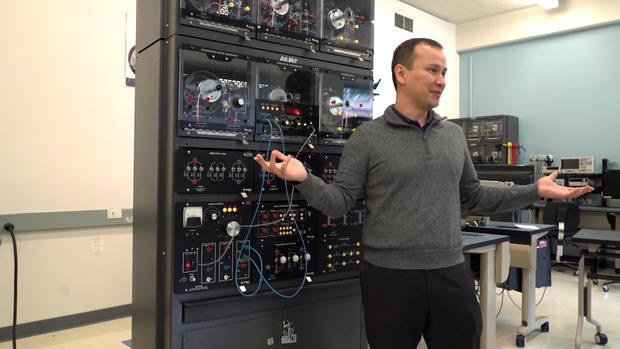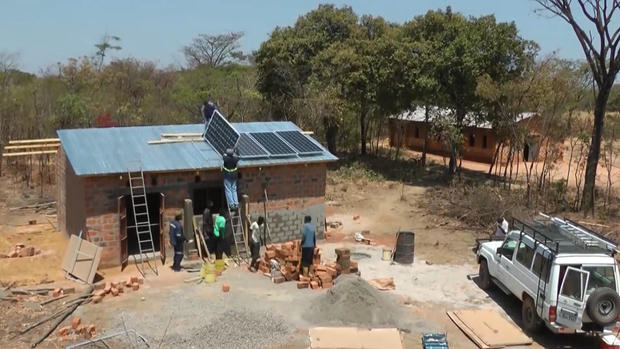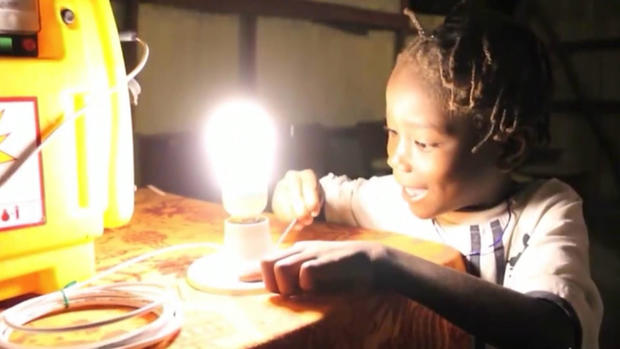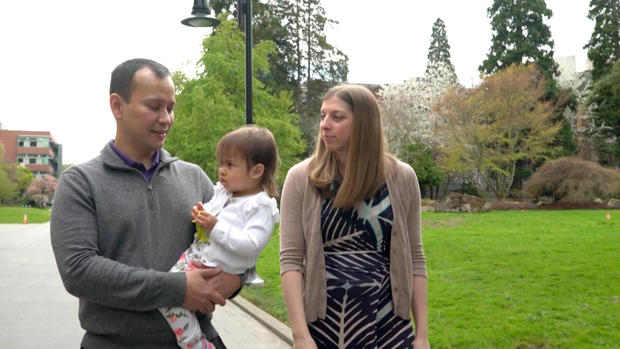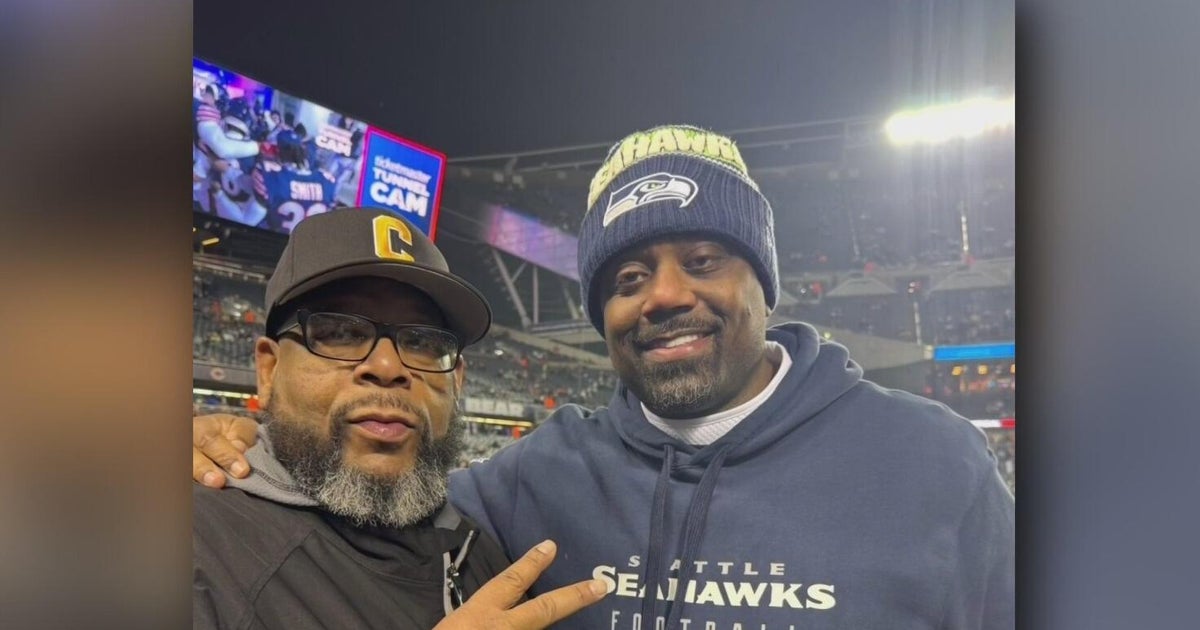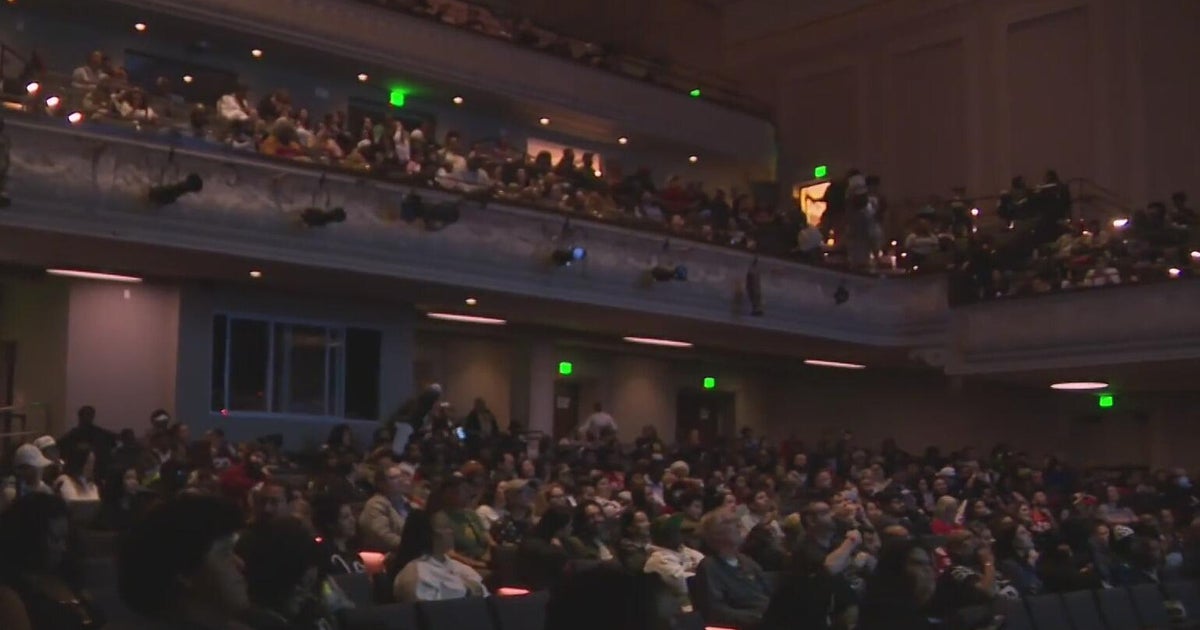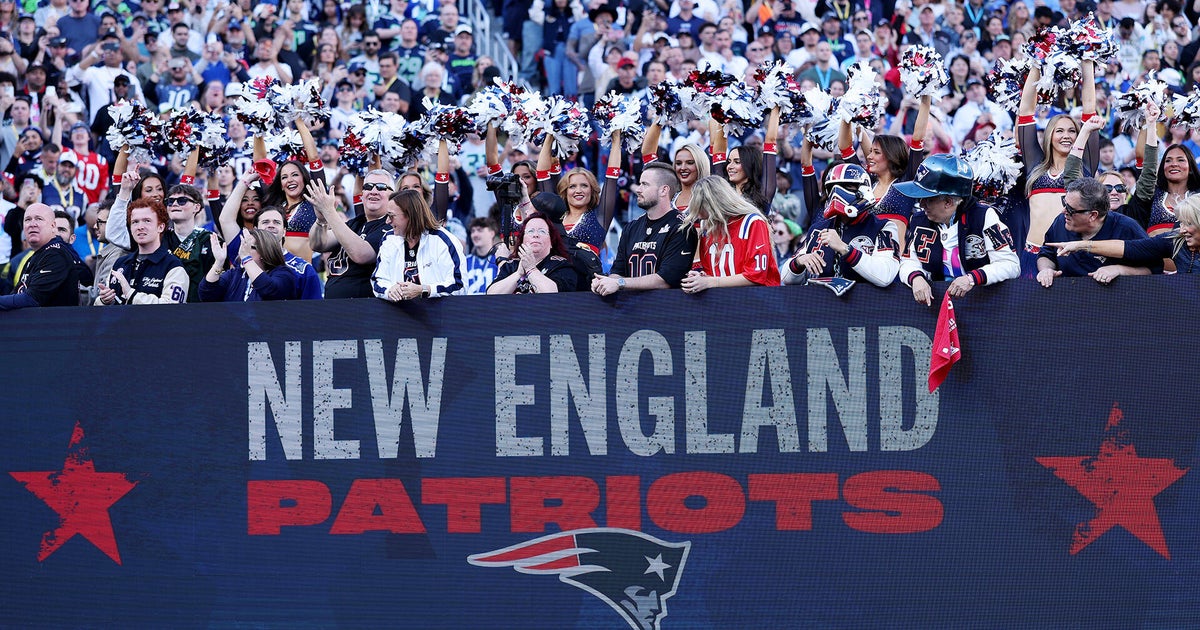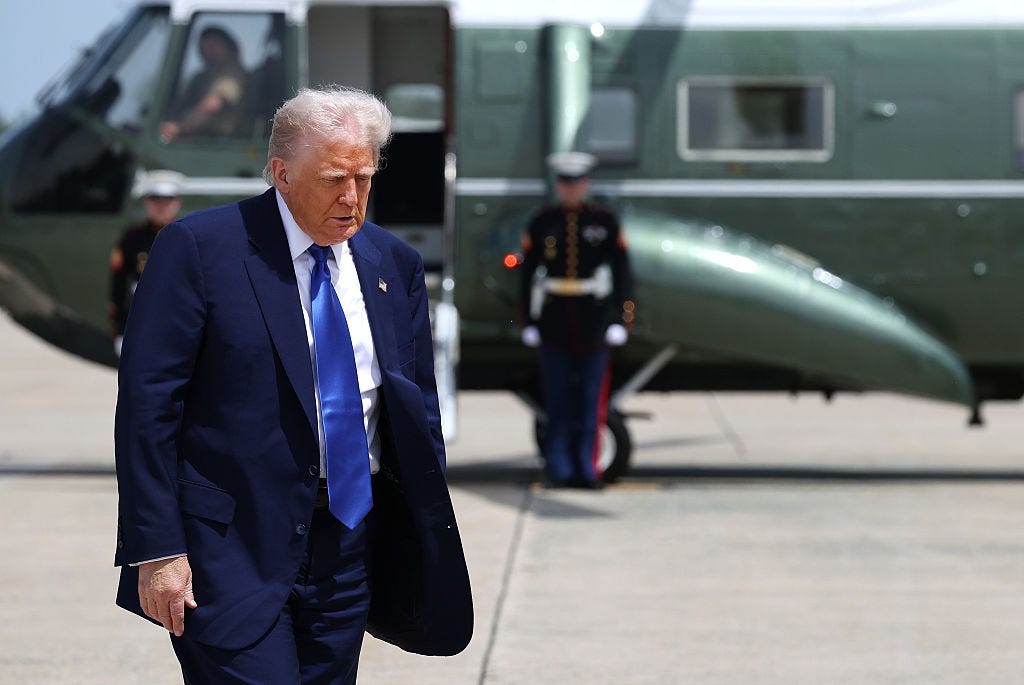This engineer and humanitarian aims to end "energy poverty"
This is paid content. It was written and produced by CBS Interactive's branded content studio in collaboration with the sponsor.
Henry Louie's passion for teaching is evident in the way he engages with electrical engineering students at Seattle University. His passion for humanitarianism is equally visible, reflected in the eyes of families in sub-Saharan Africa when they turn on lights in their homes for the first time. But the topic that elicits the most joy from Henry Louie? His young daughter, Ruth, and the future he hopes to build for her generation.
"I want my daughter when she grows up to think globally, to think about the challenges that people face," Louie said.
The No. 1 challenge Louie wants to solve right now is "energy poverty." That's when people don't have enough access to electricity to live a fulfilling life. He notes that more than 1 billion people worldwide don't have access to reliable power, with sub-Saharan Africa being the most affected by energy poverty. But by way of teaching, lecturing and taking annual trips to Africa to build what are called microgrids, he is definitely making a difference.
"Instead of using power lines to bring the electricity to people, we just put the power plant where the people are," Louie explained.
Microgrids are small self-sustaining power stations that don't need to be connected to a larger grid to generate a dependable source of electricity. They often run on solar, wind or hydro power, and can charge anything from a few cellphones to an entire village. The energy they generate can be life-changing for communities, providing children light to read and study at night, powering radios to bring in international news or empowering local entrepreneurs to open businesses.
In one of Louie's first microgrids -- located in Filibaba, Zambia -- the congregation of a local church was able to hear amplified sound from their organ for the first time ever. "Having something as simple as an electric keyboard changed that congregation," Louie said. "It was just amazing to see."
Louie and the non-profit he co-founded, Kilowatts for Humanity, have been working on projects like this since 2012. They partner with local NGOs, or non-governmental organizations, to identify which communities need help the most. While Kilowatts for Humanity provides everything from financial aid to technical skills to actual boots on the ground, it's the local partners who become the face of the project and work directly with the communities.
"It's Zambians helping Zambians," Louie said of the projects he worked on in Filibaba as well as Chilokwa. "It's not Americans coming in and saving the day."
Louie has also partnered with organizations like the Institute for Electrical and Electronics Engineers Smart Village, which funded Louie's microgrid project in Filibaba.
To spend a few days with Louie is to enter into a non-stop commitment to ending energy poverty. There are early morning classes at the Pigott Building on Seattle University's campus, followed by impromptu hands-on demonstrations at the school's Bannan Engineering Building, then on to afternoon guest lectures at a nearby university, and wrapping up the day meeting with his non-profit at night.
"This generation of students, they really care about global issues," Louie said. "I can look out there and for many of them, they're nodding, it's clicking."
Louie also uses his website as a defacto one-stop shop for anything microgrid-related. It's a resource for his students to download lectures and slides, a portal for like-minded humanitarians around the world to gather information and best practices, and a place to publicize his new book, Off-Grid Electrical Systems in Developing Countries.
"It's really important if you are trying to tackle global problems is to have a global presence," he explained.
To say he's a busy man in an understatement. And while he's clearly energized by the prospect of ending energy poverty, one topic above all causes his eyes to light up the most: his wife, Kristine, and their daughter, Ruth. Strolling through campus with Ruth, while helping her climb stairs and swinging her upside down, Louie lays out a plan where the brightest minds in engineering don't work on the next hottest app, but focus their attention to ending energy poverty.
"When I wrote my textbook on off-grid electricity, I thought about dedicating it to Ruth," says Louie. "And I didn't do that, because I hoped that they would no longer need that textbook by the time she was college age."
